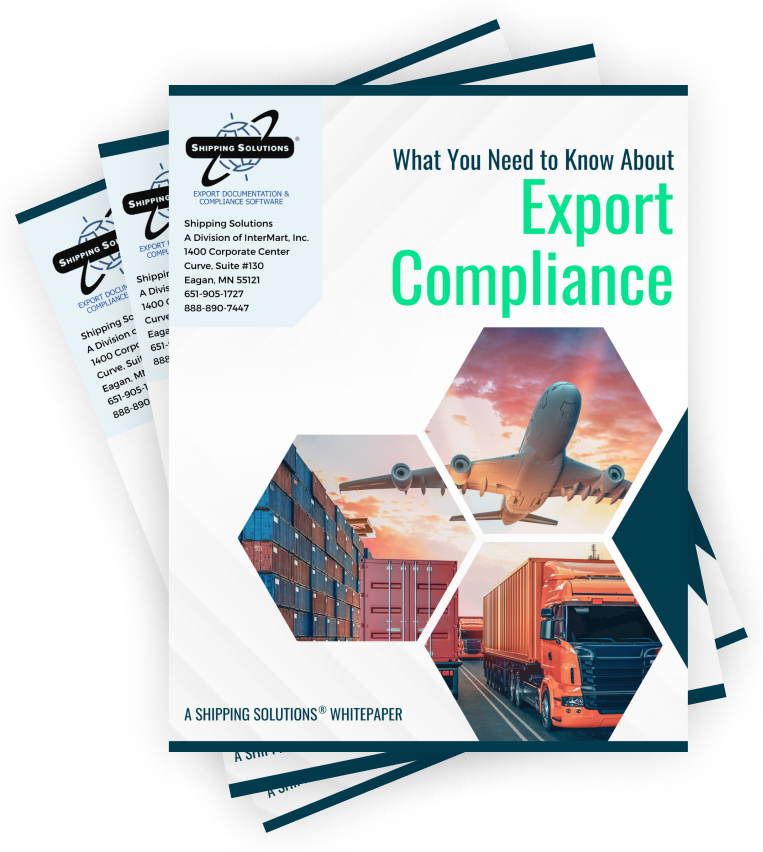The International Trade Blog Export Compliance
2025 DOJ FCPA Enforcement Guidelines: What Exporters Need to Know
On: February 17, 2025 | By:  Kari Crane |
4 min. read
Kari Crane |
4 min. read
.webp?width=560&height=373&name=The%20Foreign%20Corrupt%20Practices%20Act%20(FCPA).webp)
On June 9, 2025, the Department of Justice (DOJ) officially ended its 180-day pause on Foreign Corrupt Practices Act (FCPA) enforcement. This came with the release of new enforcement guidelines by Deputy Attorney General Todd Blanche, realigning FCPA priorities with the administration's economic and national security strategy.
While enforcement has resumed, the approach is now more selective. DOJ prosecutors are instructed to focus on serious misconduct that undermines U.S. interests, especially those involving cartels, transnational criminal organizations (TCOs), and foreign bribery that disadvantages U.S. businesses.
Key Changes to FCPA Enforcement
- High-Level Approval for Cases: All new FCPA investigations and enforcement actions must be authorized by the Assistant Attorney General for the Criminal Division or a higher-ranking official.
- Risk-Based, Targeted Enforcement: The DOJ will prioritize:
- Bribery connected to cartels and TCOs
- Cases harming U.S. competitiveness and depriving U.S. businesses of fair access to foreign markets
- Corruption involving critical infrastructure, defense, or intelligence sectors
- Focus on Individuals Over Corporations: The DOJ is shifting emphasis from corporate liability to holding individual wrongdoers accountable. Foreign officials involved in bribery schemes may be prosecuted under the Foreign Extortion Prevention Act (FEPA).
- Substantive Misconduct Only: Prosecutors are instructed to avoid low-dollar, routine business courtesies. Focus will be on cases involving:
- Substantial bribes
- Sophisticated concealment
- Obstruction of justice
- Strong evidence of corrupt intent
What Is the Foreign Corrupt Practices Act (FCPA)?
The FCPA, enacted in 1977, prohibits U.S. companies and individuals from engaging in bribery of foreign officials to gain a business advantage. It has two main provisions:
1. Anti-bribery Provisions
These prohibit U.S. companies, issuers or persons anywhere in the world, or foreign persons while within the U.S., from corruptly offering or paying anything of value, directly or indirectly, to a foreign government official, party or candidate, in order to influence an official act or secure improper advantage to obtain or retain business. Violations can result in:
- Criminal fines of up to $2 million for companies, and $250,000 and five years’ imprisonment for individuals
- Civil penalties and disgorgement of profits
The anti-bribery provisions contain an exception for "grease" payments defined as small payments made to facilitate or expedite "routine governmental actions" such as obtaining licenses and permits to do business in a country, providing police protection, processing visas or government work orders, scheduling inspections, and the like.
There are only two affirmative defenses:
- Payments are allowed if they are legal under the written laws of the foreign official’s country (but good luck finding a country that publicly allows its officials to be bribed); and
- Payments made as reasonable or bona fide expenditures directly related to the promotion, demonstration or explanation of products or the execution or performance of a contract with a foreign government or agency.
2. Accounting Provisions
These require companies to maintain accurate records and internal controls to prevent and detect corruption. They are enforced by the Securities and Exchange Commission (SEC):
- Keep books and detailed records that accurately reflect transactions and the disposition of corporate assets;
- Devise and maintain an adequate system of internal accounting controls; and
- Conduct a periodic review of recorded and actual assets.
Civil penalties for violations range from $118,225 to over $1 million per violation.
Compliance Still Matters
Although the DOJ has changed how it enforces the FCPA, the statute itself remains intact. That means the legal obligations of U.S. exporters and multinational companies have not changed. Like we advised during the full enforcement pause, you should not interpret these updates as permission to relax your compliance standards or loosen ethical business practices.
Businesses that weaken their compliance programs now may find themselves unprepared later. A future administration could quickly reinstate broader enforcement strategies, and the FCPA's five-year statute of limitations means violations could be prosecuted long after they occur. Additionally, many U.S. trading partners—including the UK, EU and others—maintain their own anticorruption laws, which continue to apply regardless of current U.S. enforcement priorities.
Beyond FCPA concerns, bribery is a financial and operational risk. It can lead to financial mismanagement, reputational damage and legal exposure under other statutes like wire fraud and money laundering laws. Maintaining a robust, well-documented compliance program is still your best defense against financial, legal and reputational harm.
Need Help Staying Compliant with FCPA Rules and Export Regulations?
The first step in navigating fluctuating regulations is having a clear understanding of your compliance responsibilities and establishing an export compliance program that everyone in your company follows. A strong program not only ensures adherence to existing laws but also prepares your business for potential shifts in enforcement priorities.
To help you build a solid compliance strategy, download our free guides:
- How to Create and Implement an Export Compliance Program
- What You Need to Know About Export Compliance
And for a deeper understanding of the FCPA and what it entails, watch our on-demand webinar: Foreign Corrupt Practices Act: What You Need to Know.
Like what you read? Subscribe today to the International Trade Blog to get the latest news and tips for exporters and importers delivered to your inbox.
This post, originally by Mary K. McCormick, was first published in February 2008. It has been updated to include current information, links and formatting.

About the Author: Kari Crane
Kari Crane is the editor of Passages: The International Trade Blog. Kari joined Shipping Solutions after working as an editor, writer and designer at a major market newspaper in Texas. Kari has spent her career finding different ways to tell stories and make complex topics easy-to-understand, so she loves helping importers and exporters understand how to navigate the complex world of international trade.



